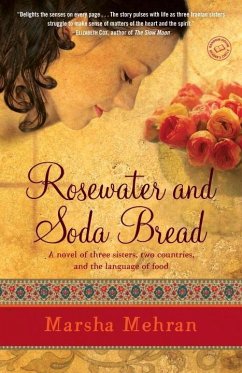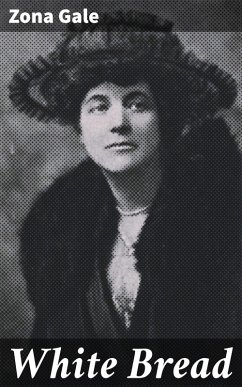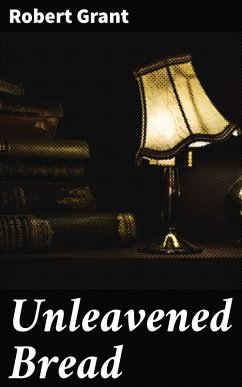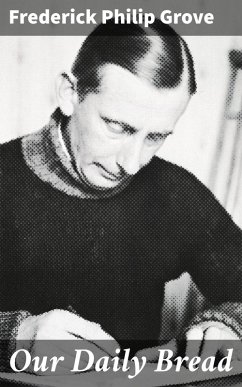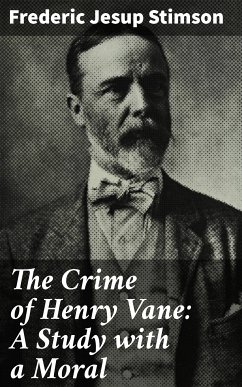
The Bread-winners: A Social Study (eBook, ePUB)
Struggles of the Working Class in Gilded Age America
Versandkostenfrei!
Sofort per Download lieferbar
0,49 €
inkl. MwSt.
Weitere Ausgaben:

PAYBACK Punkte
0 °P sammeln!
In "The Bread-winners: A Social Study," John Hay expertly weaves a narrative that blends social commentary with poignant character studies, reflecting the complexities of American labor and class dynamics in the late 19th century. Through a rich, descriptive prose style, Hay explores the lives of working-class families, illuminating the struggles and ethical dilemmas faced by those striving for dignity and economic stability. Set against the backdrop of industrialization, the book serves as both a compelling fictional narrative and a profound sociological examination, offering insights into th...
In "The Bread-winners: A Social Study," John Hay expertly weaves a narrative that blends social commentary with poignant character studies, reflecting the complexities of American labor and class dynamics in the late 19th century. Through a rich, descriptive prose style, Hay explores the lives of working-class families, illuminating the struggles and ethical dilemmas faced by those striving for dignity and economic stability. Set against the backdrop of industrialization, the book serves as both a compelling fictional narrative and a profound sociological examination, offering insights into the socio-economic conditions of the time. John Hay, known for his political acumen and literary prowess, draws from his experiences as a statesman and diplomat'Äîhis involvement in the political landscape of America provides a unique perspective on the economic challenges of the era. His diverse career, alongside a deep engagement with issues of social justice and workers' rights, informed his portrayal of the trials of the common man, making this work a significant reflection of his empathy and understanding of societal issues. This book is highly recommended for scholars and general readers alike, as it not only presents a gripping narrative but also fosters a deeper understanding of social issues that resonate to this day. Hay's insightful analyses and vivid storytelling make "The Bread-winners" an essential read for those interested in American literature, history, and social studies.
Dieser Download kann aus rechtlichen Gründen nur mit Rechnungsadresse in A, B, BG, CY, CZ, D, DK, EW, E, FIN, F, GR, H, IRL, I, LT, L, LR, M, NL, PL, P, R, S, SLO, SK ausgeliefert werden.






